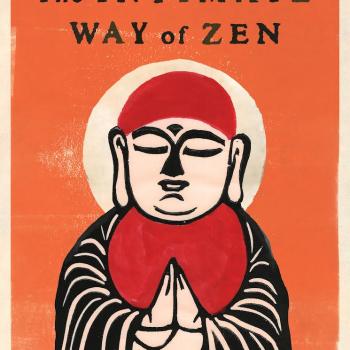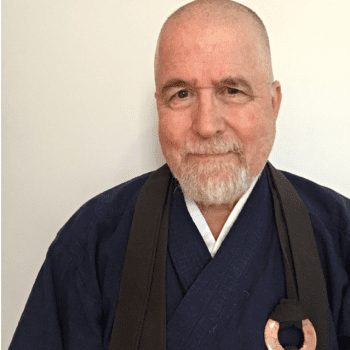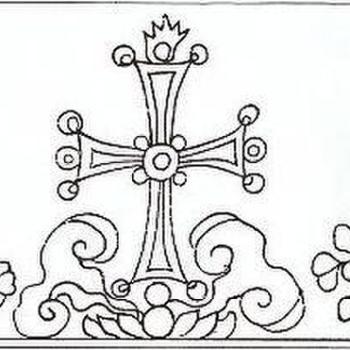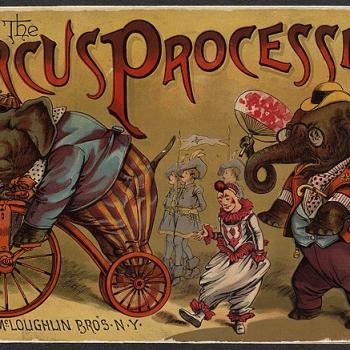Big things going on in Unitarian Universalist world.
And I find it time for some reflection.
The UUA I belonged to as a working minister between when received my first call to a parish in 1991 and 2016 when I officially retired, was framed by a document called the “Principles and Purposes.”
We, the member congregations of the Unitarian Universalist Association, covenant to affirm and promote
- The inherent worth and dignity of every person;
- Justice, equity and compassion in human relations;
- Acceptance of one another and encouragement to spiritual growth in our congregations;
- A free and responsible search for truth and meaning;
- The right of conscience and the use of the democratic process within our congregations and in society at large;
- The goal of world community with peace, liberty, and justice for all;
- Respect for the interdependent web of all existence of which we are a part.
The living tradition which we share draws from many sources:
- Direct experience of that transcending mystery and wonder, affirmed in all cultures, which moves us to a renewal of the spirit and an openness to the forces which create and uphold life;
- Words and deeds of prophetic women and men which challenge us to confront powers and structures of evil with justice, compassion, and the transforming power of love;
- Wisdom from the world’s religions which inspires us in our ethical and spiritual life;
- Jewish and Christian teachings which call us to respond to God’s love by loving our neighbors as ourselves;
- Humanist teachings which counsel us to heed the guidance of reason and the results of science, and warn us against idolatries of the mind and spirit.
- Spiritual teachings of earth-centered traditions which celebrate the sacred circle of life and instruct us to live in harmony with the rhythms of nature.
Grateful for the religious pluralism which enriches and ennobles our faith, we are inspired to deepen our understanding and expand our vision. As free congregations we enter into this covenant, promising to one another our mutual trust and support.
This statement was enshrined as article 2 of the denomination’s bylaws. It was repeatedly asserted that this document “is not a creed.” Rather it was meant to be a snapshot of the general consensus view of the disparate spiritual and even anti-spiritual folk who chose voluntarily to gather as members of this band, itself the blending of two historic American Christian denominations, the American Unitarian Association and the Universalist Church of America. It also was meant to provide a broad sense of what Unitarian Universalists were about in this world.
In practice, of course, it became a quasi-creed as soon as it was officially voted on in 1985. And as such was subject to constant critical examination, with various people adding in their personal qualifications, and sometimes dissent, and occasional ridicule. Over the years I witnessed proof texting and recitations of how someone was in violation of the P&Ps and what that meant with a lot of heat. Usually something bad. Just like with my orthodox Christian friends and their official and presumed forever creeds.
Among the differences between our article 2 and creeds was how it was supposed to be reviewed periodically. Whatever, the intention. We didn’t very much. And with one modification, the addition of a source, and one failed attempt to spiritualize the language of the 7th principle, it stood basically the same for some thirty-nine years, fully encompassing my twenty-five years as a UU minister.
Its elasticity and two of the principles taken together formed the lattice work for my own work. I was one among a band who referred to themselves as “first and seventh principle” preachers. The first principle asserting the worth of all people, the second providing a context of radical interdependence. As a Mahayana Buddhist profoundly sympathetic to the western religious tradition, the Enlightenment, and much of the modernist project, it worked. I had my various personal caveats. But it worked.
I wove my ministerial life guided by it and I believe I served many hearts better than not.
I remain grateful.
And as of June 22nd, 2024, it is gone. Replaced by the final vote of the General Assembly of the UUA with a new article 2.
Love is the power that holds us together and is at the center of our shared values. We are accountable to one another for doing the work of living our shared values through the spiritual discipline of Love.
Justice: We work to be diverse multicultural Beloved Communities where all thrive. We coveanant to dismantle racism and all forms of systematic oppression. We support the use of inclusive democratic processes to make decisions within our congregations, our Association, and society at large.
Equity: We declare that every person is inherently worthy and has the right to flourish with dignity, love, and compassion.
Transformation: We adapt to the changing world. We covenant to collectively transform and grow spiritually and ethically. Openness to change is fundamental to our Unitarian and Universalist heritages, nevere ocmplete and never perfect.
Pluralism: We celebrate that we are all sacred beings, diverse in culture, experience, and theology. We covenant to learn from one another in our free and responsible search for truth and meaning. We embrace our differences and commonalities with Love, curiosity, and respect.
Interdependence: We honor the interdependent web of all exist4ence. With reverence for the great web of life and with humility, we acknowledge our place in it. We covenant to protet Earth and all beings from exploitatioin. We will create and nurture sustainable relationships of care and respect, mutuality and justice. We will work to repari harm and damaged relationships.
Generosity: We cultivate a spirit of gratitude and hope. We covenant to freely and compassionately share our faith, presence, and resources. Our generosity connects us to one another in relationships of interdependence and mutuality.
There was a desire on the part of the authors to not have a hierarchy of values. Specifically they wanted to avoid any kind of numbering or even an exact ordering. So it is presented as an image with Love in the center and the values noted at points around Love.
That’s not really how our brains work. And even before final adoption, people have found an acronym, JETPIG. It invites images and mascots already beloved of children and youth in my congregation. I admit I’m less enthusiastic, always a critic of our inclinations away from dignity and mystery. Indicative of my continuing disconnections, no doubt. No tradition fits everyone perfectly, even for people like me, for whom even a bad fit, it still fits better than with any other community. Similar, I guess, to my views about democracy.
All that said, it’s an interesting document. One, like the Principles and Purposes that can easily be dismissed for various reasons, we’re always accused of vacuity. It has some problematic elements. And at the same moment it touches some very important points for a meaningful life in our time and place. Me, I love that love at the center. Vague, difficult, and inviting into some authentic depth. In a very real sense this is a claiming of our Universalist heritage as the heart of what the Unitarian Universalist Association is about. And, I’m all in for that.
When I first saw the earliest draft my first thought was, “Oh, my. They’re going to try for religion.” I might not be enthusiastic with the process, but I’m all in for the result. Religion, yes. Love, absolutely!
I have no doubt it is already a creed for some among our little band. I’m sure an enterprising artist is composing a calligraphed version suitable for hanging in public spaces even as I write these words.
Me, I like it. Mostly. Which is what I could say about the earlier P&Ps, as well. I tended to three in my professional life, the 1st and 7th I mentioned, as well as the 4th, focusing on a free and responsible search for meaning…
I’m glad the interdependent web is still there. I wish the references to ecology, as important as they are, were a separate listing. For me the interdependent web speaks to something that includes an ecological consciousness in the physical care for the planet sense. But it is, for me, vastly more, and its mildly unfortunate its tethered to a task, a noble task; but in a way that can narrow what the interdependent web is. On the other had words like reverence work for me, deeply…
Quibbles. In the last, quibbles.
Love after all. That’s the bottom line. And it’s a wonderful bottom line.
And…
I realize that with this my own part in the pageant of Unitarian Universalism has been marked out, perhaps not frozen in amber, but marked out as being encompassed entirely within that earlier article 2. So, I have a personal thing going on. A letting go. A pretty deep letting go.
And. Well…
All things pass.
The UUAs article 2 is dead.
The UUAs article 2 is voted and alive.
May it live as long as it serves the hearts and needs of the community.
Love.















